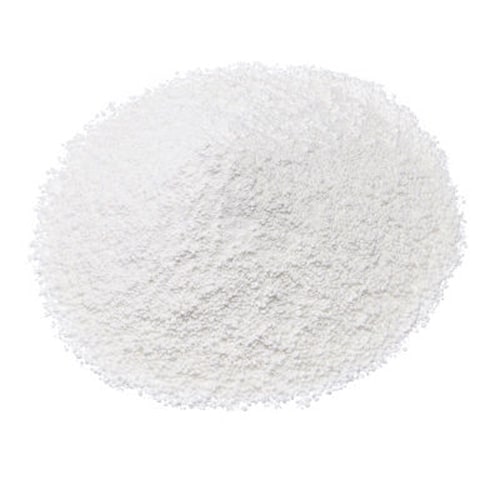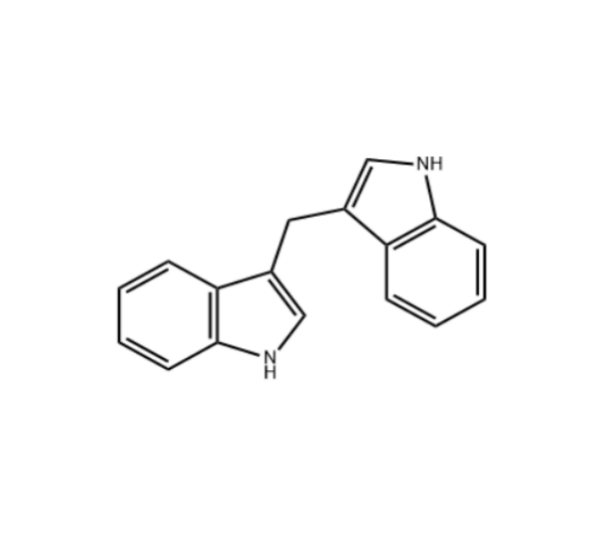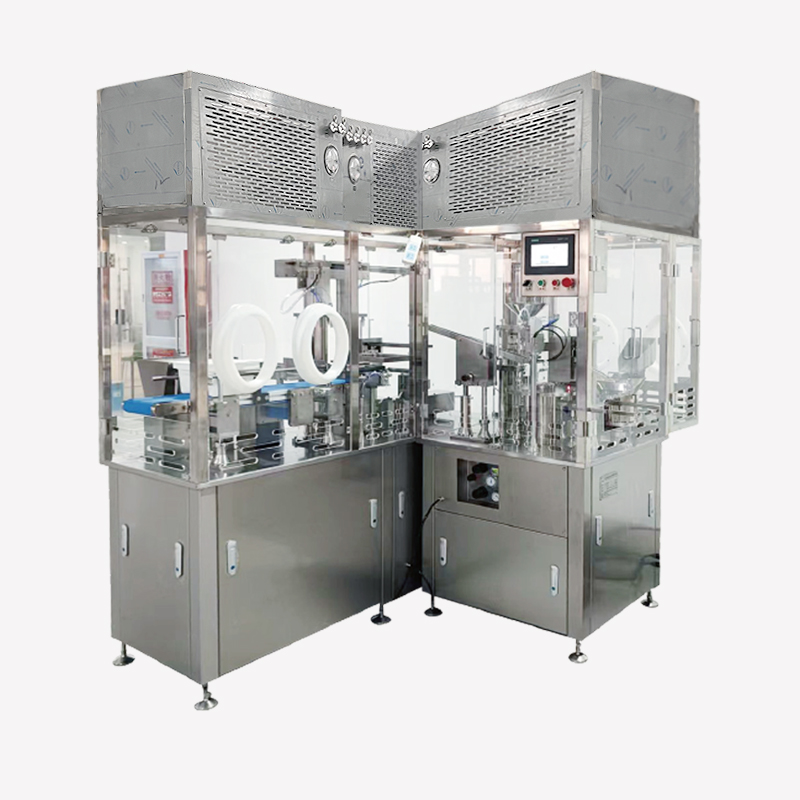Novartis on Thursday announced that the European Commission expanded the indication for Zykadia (ceritinib) to include use in the first-line treatment of patients with advanced ALK-positive non-small-cell lung cancer (NSCLC). In May, the FDA expanded approval of the oral ALK inhibitor for the same indication.
According to Novartis, approval for the expanded indication was supported by data from the ASCEND-4 trial, which enrolled adults with Stage IIIB or IV ALK-positive advanced NSCLC. In the study, Zykadia was shown to reduce the risk of disease progression by 45 percent versus pemetrexed-based chemotherapy, with median progression-free survival (PFS) in the two arms of 16.6 months and 8.1 months, respectively.
FirstWord reports in this therapy area - KOL Insight NSCLC: Find out how KOLs expect the market to evolve, which pipeline treatments are most promising, and which clinical trials will shape treatment decisions. Learn more.
European expanded approval of Zykadia follows a positive recommendation by the European Medicines Agency's Committee for Medicinal Products for Human Use last month. The therapy was earlier cleared in the US and EU for the treatment of advanced ALK-positive NSCLC in patients who previously received Pfizer's Xalkori (crizotinib).
Earlier this month, Roche reported Phase III data from the ALEX trial showing that its oral ALK inhibitor Alecensa (alectinib) significantly cut the risk of disease worsening or death by 53 percent versus Xalkori. At the time, Roche noted that median PFS reported by the investigators, the primary goal of the trial, was not yet reached in people who received Alecensa, versus 11.1 months for Xalkori. For related analysis, see Physician Views Poll Results: Oncologists offer more evidence that Roche's Alecensa has rewritten the rules in ALK-positive lung cancer.





 ALL
ALL Pharma in China
Pharma in China Pharma Experts
Pharma Experts Market News
Market News Products Guide
Products Guide Brand Story
Brand Story























 Pharma Sources Insight January 2025
Pharma Sources Insight January 2025








